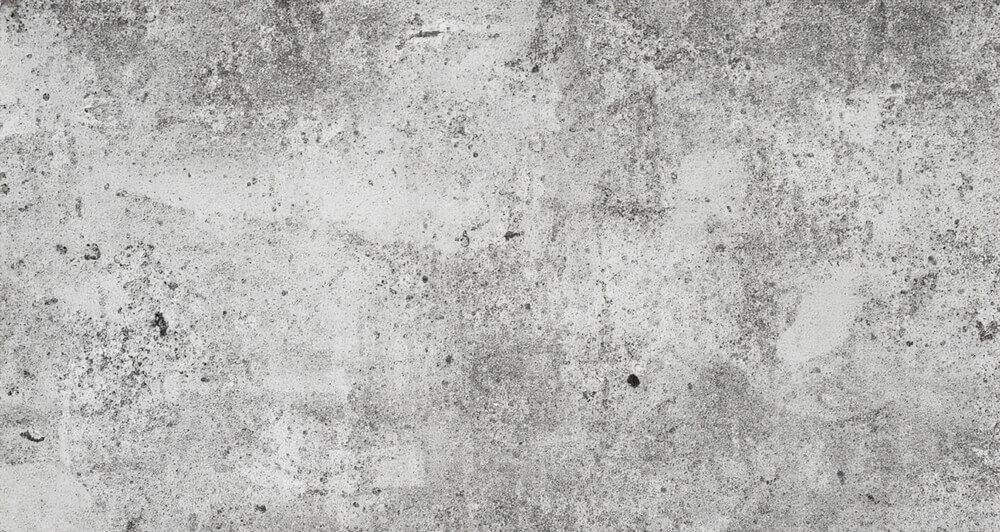Concrete is a material that forms the backbone of modern infrastructure, used in everything from roads and bridges to buildings and driveways. While concrete is known for its durability, it can fall victim to a condition known as “concrete scaling.”
Scaling can lead to the deterioration of the concrete surface, reducing its structural integrity and aesthetic value. This article will explore what concrete scaling is, the contributing factors, and how to prevent it from occurring.
What Is Concrete Scaling?
Concrete scaling is a condition where the surface layer of the concrete deteriorates or peels away. This is usually due to the concrete surface not gaining enough strength to resist damage from freeze-thaw cycles, especially during winter months. In such cases, the surface appears pitted, flaky, or in more severe situations, completely stripped away.
Importance of Concrete Strength During Winter
The concrete’s ability to resist scaling is directly related to its strength, particularly its surface strength. The first winter is a critical period for new concrete installations. If the concrete hasn’t gained enough strength by this time, it becomes susceptible to freeze-thaw damage, leading to the scaling condition. Subsequent winters can exacerbate the problem if not addressed in time.
Factors Contributing to Concrete Scaling
Overworked Surface
One of the most common factors that contribute to concrete scaling is the overworking of the surface during the initial placement. Excessive troweling or smoothing activities can introduce too much moisture into the surface layer. This compromises its strength and makes it more susceptible to freeze-thaw cycles.
Curing Process
Another crucial factor is the curing process, which must be done as quickly as possible after placing the concrete. If the surface is allowed to dry out before it has fully hydrated, it will not gain the necessary strength to resist damage. Hydration is a chemical process that gives concrete its strength, and incomplete hydration leads to weaker concrete.
How to Prevent Concrete Scaling
Avoiding concrete scaling is crucial for the longevity and functionality of your structure. Here are some practical steps to prevent this condition:
Timely Curing
Start the curing process as quickly as possible after the concrete has been placed. This gives the concrete surface an opportunity to hydrate fully, thus gaining maximum strength. It’s recommended to keep the surface moist for at least 7 days to ensure sufficient hydration.
Avoid Overworking
Try to minimize the troweling and smoothing activities during initial placement. Overworking the surface can lead to the integration of excess moisture, weakening the concrete and making it more susceptible to scaling.
Proper Material and Mixture
Ensure you’re using a concrete mix that’s appropriate for your specific application and climate conditions. Consult with professionals to get the right mix that can withstand the environmental stressors it will be subjected to.
Plan for Seasons
If you’re planning to install concrete late in the year, make sure you’re giving it ample time to gain sufficient strength before the first freeze-thaw cycle hits. Depending on your location, this might require different planning and may include using additives to speed up the curing and strength-gaining process.
Conclusion

Concrete scaling is a problem that occurs when the surface of the concrete doesn’t gain sufficient strength to withstand freeze-thaw cycles. Factors such as overworked surfaces and improper curing can contribute to this condition. By understanding these contributing factors and taking steps such as timely curing and avoiding surface overworking, you can ensure that your concrete installations are robust and durable, particularly through the challenging winter months. Contact Richfield Concrete today to learn more about concrete scaling and how you can avoid it.








